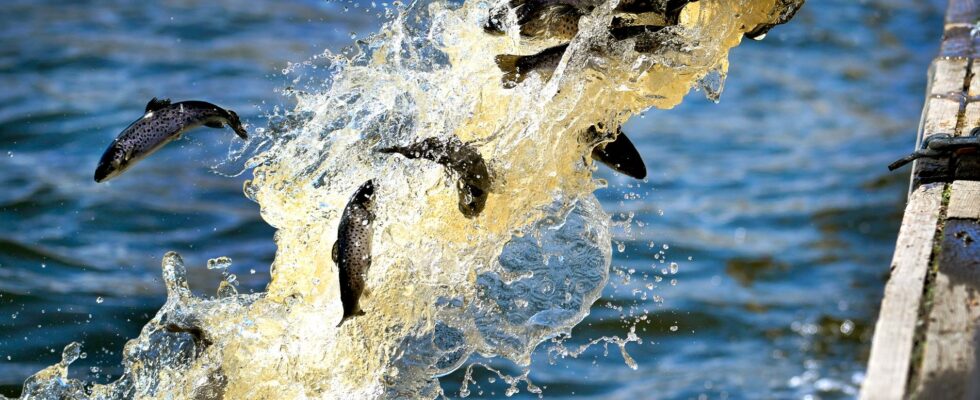unsaveSave
expand-left
full screenMigratory fish in freshwater are declining. Archive image. Photo: Janerik Henriksson/TT
The situation of eels and salmon in Sweden remains acute.
To save the stocks, international cooperation and political effort are required, according to the World Wide Fund for Nature, one of the organizations behind a new report.
Stocks of freshwater migratory fish have declined by an average of 81 percent between 1970 and 2020, according to the report. The reduction looks different depending on the continent. In Europe, for example, the figure is slightly below the average – in Latin America and the Caribbean it lands at 91 percent.
– It is not going in the right direction. We see a continued loss and depletion of biological diversity, says Inger Melander, fisheries expert at the World Wide Fund for Nature (WWF).
Loss of fish habitats, pollution and climate change are some of the reasons for the declining stocks.
– We need to bring about international cooperation. These are migratory species that move between different watercourses, countries and geographical areas. We need political will and political muscle to be able to push through various measures, she says and adds:
– Many species have a good chance of recovery. But it takes time and patience.
In Sweden, the situation is acute for the European eel and wild Baltic salmon. In order to save the stocks, both species need more free passage in waterways so that they can migrate without encountering obstacles in the form of dams, for example, according to Melander.
– It’s the same for both the eel and the salmon, you need to stop the fishing and review the habitats so that they are restored and protected so that these species can live in these waterways.
